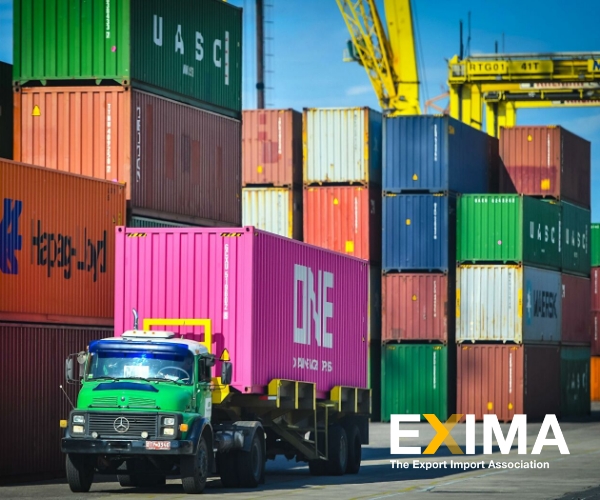There was a collective sigh of relief when the UK and the European Union (EU) finally signed a last-minute deal in December 2020. However, many people lost sight of what was to come: the parties’ new trading rules. It didn’t take long for things to devolve into chaos at the borders.

Long lines of lorries are forming at the border, and some supermarket shelves in the UK are even empty, as a result of the UK and EU increasing trade barriers due to the Brexit deal. One of the causes of the delays is compliance with origin rules. Because neither side wants to import goods with misleading origins, all goods must prove their origin. This can be particularly difficult for processed agricultural or industrial goods that include components from other nations. For example, France, as an EU member, can export goods to the UK duty-free and quota-free, but the UK must ensure that the goods originate in France and not elsewhere, such as China.
Another cause is the regulatory barrier. Since the UK and EU are no longer in the same customs union, they must process all goods through the borders. This bureaucracy has even forced some freight forwarders to reject contracts to import into the UK.
According to a survey conducted by the Fresh Federation of Small Businesses (FSB), 70% of exporters and importers experience shipment delays when moving goods around the union. 32% of the respondents lost goods in transit, and an even higher proportion (34%) were held indefinitely at EU border crossings. 36% of those who experienced delays suffered hold-ups that lasted over two weeks as well. The figures are certainly damaging for an industry that relies on swift delivery to guarantee freshness and avoid rotten goods.
The border difficulties have also affected EU online deliveries to the UK. According to Sendcloud, 51% of consumers said they were discouraged by the higher delivery costs of EU goods, 32% were put off by the longer delivery times, and 38% were worried about the rise in customs charges.
In the meantime, small businesses are bearing the brunt of the new trading arrangement. They are upset because they are now subject to big-business rules, which add administrative burdens and costs to small businesses.

Work With EXIMA
Are you an SME owner looking to expand internationally? EXIMA is here to be your network of experts and peers in international trade. Join the largest online import/export association today!
 пиши статьи за деньги
пиши статьи за деньги 

 :
: Как присоединиться к TikTok Trivia Challenge (и, […]
Как присоединиться к TikTok Trivia Challenge (и, […]
